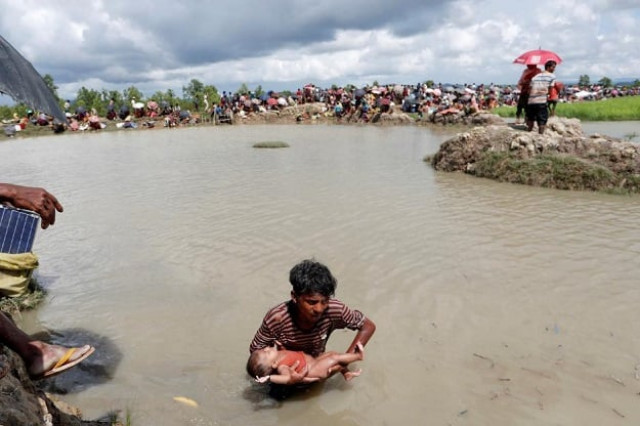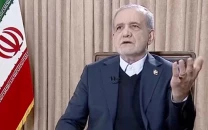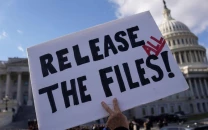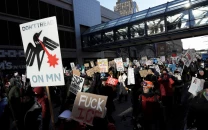Myanmar takes first step to ease Buddhist-Muslim tension
Rohingya had pinned hopes for change on Suu Kyi’s party but it has been wary of Buddhist nationalist pressure

Myanmar on Tuesday launched its first bid to improve relations between Buddhists and Muslims since an eruption of deadly violence in August inflamed communal tension and triggered an exodus of some 520,000 Muslims to Bangladesh.
Rohingya Muslims are still fleeing, more than six weeks after Rohingya insurgents attacked security forces in western Myanmar’s Rakhine state.
The United Nations has denounced a ferocious military crackdown in response to the attacks as ethnic cleansing aimed at driving out Rohingya.
'I can't take this any more:' Rohingya Muslims flee Myanmar in new surge
A new surge of refugees has entered Bangladesh in recent days, including about 11,000 on Monday. Some have told of increasing hunger in Rakhine as well as of more mob attacks on Muslim villagers.
Despite growing international condemnation of the refugee crisis, the military campaign is popular in Buddhist-majority Myanmar, where there is little sympathy for the Rohingya, and for Muslims in general, and where Buddhist nationalism has surged in recent years.
The party of government leader Aung San Suu Kyi took the first step toward trying to ease animosity with inter-faith prayers at a stadium in the biggest city of Yangon, with Buddhists, Muslims, Hindus, Christians and others.
Thousands of people packed the stands of the stadium, with Buddhist monks, Hindus, Christian nuns and Muslim men with beards and caps listening to religious leaders who took turns to appeal for friendship.
”Be free from killing one another, be free from torturing one another, be free from destroying or demolishing one another,” the chief Buddhist monk of Yangon, Iddhibala, told the crowd.
Stepping off the podium, he shook hands with Muslim leader Hafiz Mufti Ali.
”Citizens should collaborate in friendship and work for the country,“ Ali said, adding: ”Freedom of life, freedom of education, freedom of religion, it is absolutely necessary for the country to fulfill all these rights.”
UN expects up to 300,000 Rohingya refugees
The Rohingya had pinned hopes for change on Suu Kyi’s party but it has been wary of Buddhist nationalist pressure. Her party did not field a single Muslim candidate in the 2015 election that it swept.
Rohingya are not classified as an indigenous minority in Myanmar and so are denied citizenship under a law that links nationality to ethnicity.
Regarded as illegal immigrants from Bangladesh, they face restrictions and discrimination and are derided by ethnic Rakhine Buddhists in Rakhine, and by much of the wider population.
The militants of the Arakan Rohingya Salvation Army [ARSA] who launched the Aug. 25 attacks that triggered the latest spasm of violence are demanding full citizenship rights and recognition as an indigenous community.
Ceasefire ends
A one-month ceasefire the insurgents called in September in order, they said, to ease aid deliveries to Rakhine, expired at midnight on Monday, but authorities said there was no sign of any new attacks.
The government rebuffed the ceasefire, saying it did not negotiate with 'terrorists'.
Myanmar denies ethnic cleansing. It says more than 500 people have been killed in the violence since late August, most of them ARSA 'terrorists'.
Even before the government offensive, the small, lightly armed ARSA appeared only capable of hit-and-run raids and unable to mount any sort of sustained challenge to the army.
The insurgents said on Saturday they were ready to respond to any peace move by the government, even though their ceasefire was ending.





1721969212-0/BeFunky-collage]-(35)1721969212-0-208x130.webp)













COMMENTS
Comments are moderated and generally will be posted if they are on-topic and not abusive.
For more information, please see our Comments FAQ